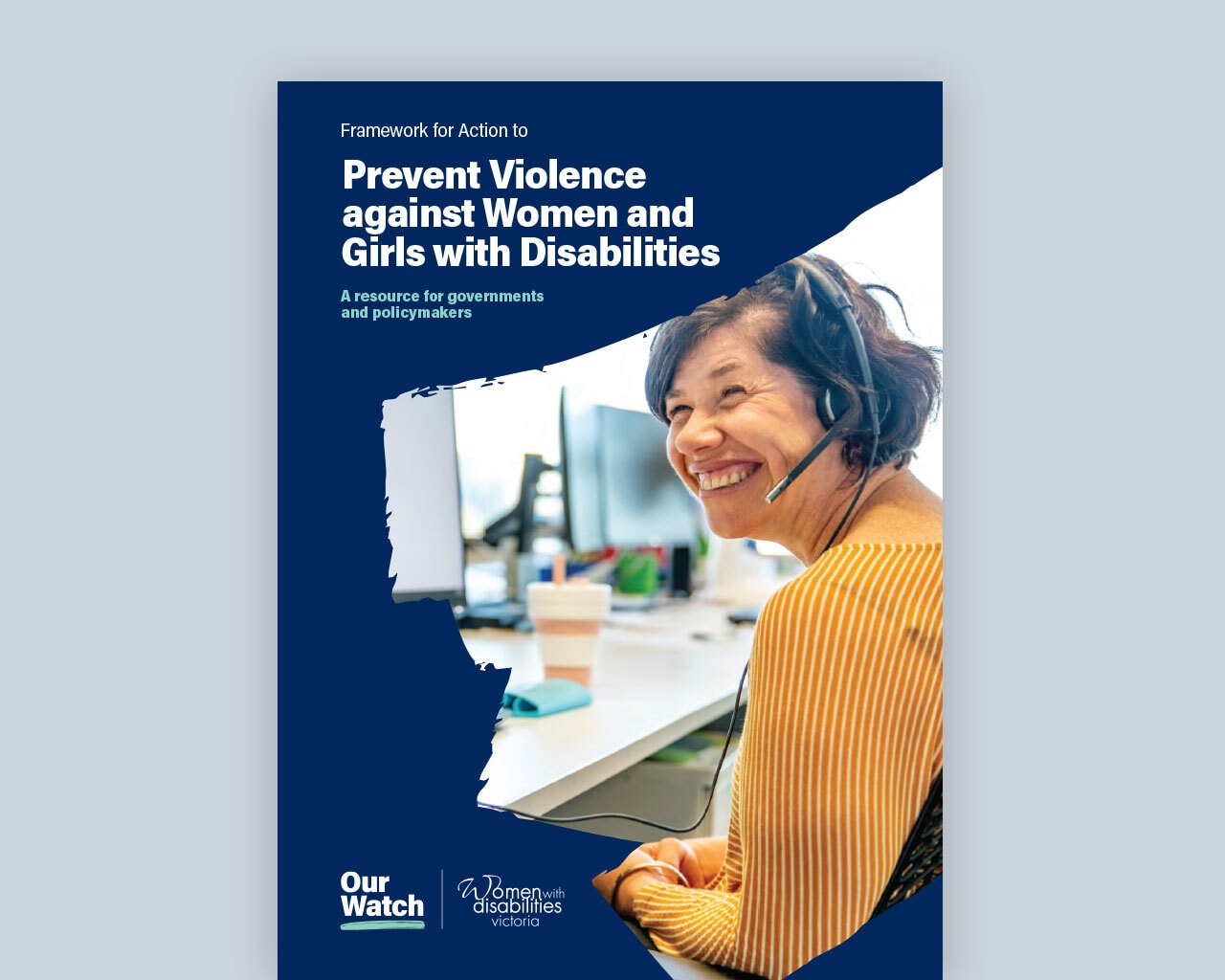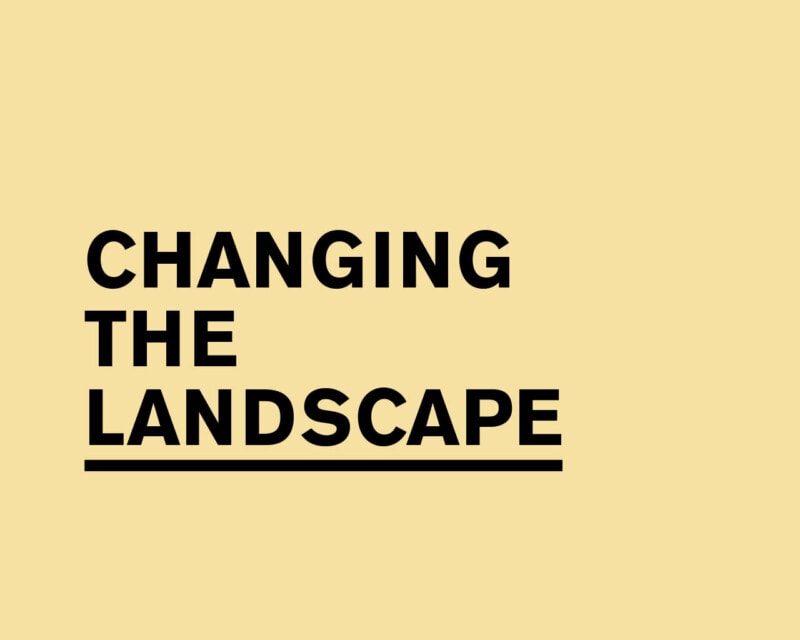On this page
New resources and a framework are being launched today which aim to prevent women and girls with disabilities from experiencing violence.
National violence prevention organisation Our Watch, has partnered with Women with Disabilities Victoria (WDV) to develop the resources which seek to improve access, equality and respect for women with disabilities using frontline services.
The new tools are for primary prevention services and frontline staff working with people with disabilities, including those delivering services through the National Disability Insurance Scheme.
A new Framework for action is also being launched to support governments to put prevention evidence into actionable policy.

Framework for action to prevent violence against women and girls with disabilities: A resource for governments and policymakers
Our Watch Chief Executive Officer Patty Kinnersly said the new resources would help create a safer environment for women with disabilities and ensure they are valued, included and treated with respect.
"We know that violence and disrespect is a common experience for women with disabilities and shockingly, some 65% have experienced violence since the age of 15," Ms Kinnersly said.
"This violence is driven by sexism and ableism as well as other intersecting forms of discrimination, but it is preventable.
"The resources and framework we are launching today build on decades of research. They have been co-designed by prevention and disability sector leaders together with women with lived experience."
The resources include video and audio stories from women with lived experience. They explain the different kinds of inequality and barriers that women with disabilities face and provide advice on how services and staff can be allies and help create meaningful change.
"The framework encourages governments to take a number of actions such as setting targets for women with disabilities on boards and in the public service and providing professional development for prevention workers and those providing frontline services to women with disabilities.”
Women with Disabilities Victoria Chief Executive Officer Nadia Mattiazzo said it was vital that women with lived experience of disabilities were involved the development of programs and resources.
“It is only by acknowledging that we are experts in our own experiences and adopting inclusive practice principles like co-design that resources like those being launched today can and will achieve systemic change.
“These are evidence-based resources that show prevention workers, disability professionals and the general public how easy it is to start, and the real, practical work that will make a difference in this crisis of violence against women and girls with disabilities.
“We are proud to partner with Our Watch to make these resources accessible to everyone. They are strength-based, drawing from women with disabilities’ lived experiences, giving language and real-life examples to build confidence so that action can be taken to prevent violence before it begins.
“Disability is often not discussed and practical steps that improve accessibility and equity are not well understood. These resources show that simple actions have great impact.”
The framework and resources aim to action key elements of Our Watch’s and Women with Disabilities Victoria’s landmark national framework Changing the landscape. It provides the evidence about the scale of violence against women with disabilities, what’s driving it, and details the actions needed to prevent it.
This activity is funded by the Australian Government Department of Social Services.
Resources from Changing the landscape

8 video explainers
A series of video explainers that explore the prevention of violence against women and girls with disabilities.

5 case study videos
'Get real' is a series of video case studies about primary prevention and violence against women and girls with disability.

6 audio episodes
'Shift the culture' is a series of audio episodes that introduce concepts of primary prevention of violence against women and girls with disability.
Media contact
Please contact media@ourwatch.org.au or call 0448 844 930.
If you cover this story, or any story regarding violence against women and children, please include the following tagline:
1800RESPECT is the national domestic, family, and sexual violence counselling, information and support service. If you or someone you know is experiencing, or at risk of experiencing, domestic, family or sexual violence, call 1800RESPECT on 1800 737 732, chat online via www.1800RESPECT.org.au, or text 0458 737 732.
Explore our guides for reporting about violence against women and their children.
Our Watch
Our Watch is a national leader in Australia’s work to stop violence against women and their children before it starts. The organisation was created to drive nation-wide change in the practices, norms, and structures that lead to violence against women and children. Read more about Our Watch here.
Related

29 resources in this collection
Changing the landscape is a guide to the prevention of violence against women and girls with disabilities.
